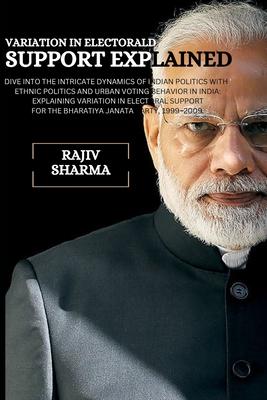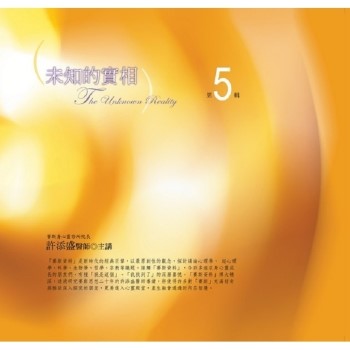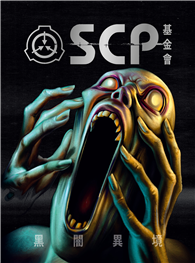For many Indians, the rise of the Bharatiya Janata Party (BJP) in the 1990s was and continues to be a highly controversial addition to Indian electoral politics. The BJP has advocated a vision of Indian national unity through the concept of Hindutva, which many believe does not equally embrace or represent all ethnic or religious groups, and contrasts sharply with India’s constitutional mandate as a secular democratic republic.1
The BJP’s electoral strategy in the late 1980s and early 1990s to mobilize social and political support for building a temple for the Hindu deity, Lord Ram, in Ayodhya, in particular has been deeply criticized for inciting violence between Hindus and Muslims. In December 1992, following a yatra (religious pilgrimage) and kar seva (religious services) organized by the BJP and other Hindu organizations to initiate the construction of the Ram temple, thousands of Hindu nationalists tore down the Babri mosque in Ayodhya, triggering months of communal violence and rioting throughout the country.












